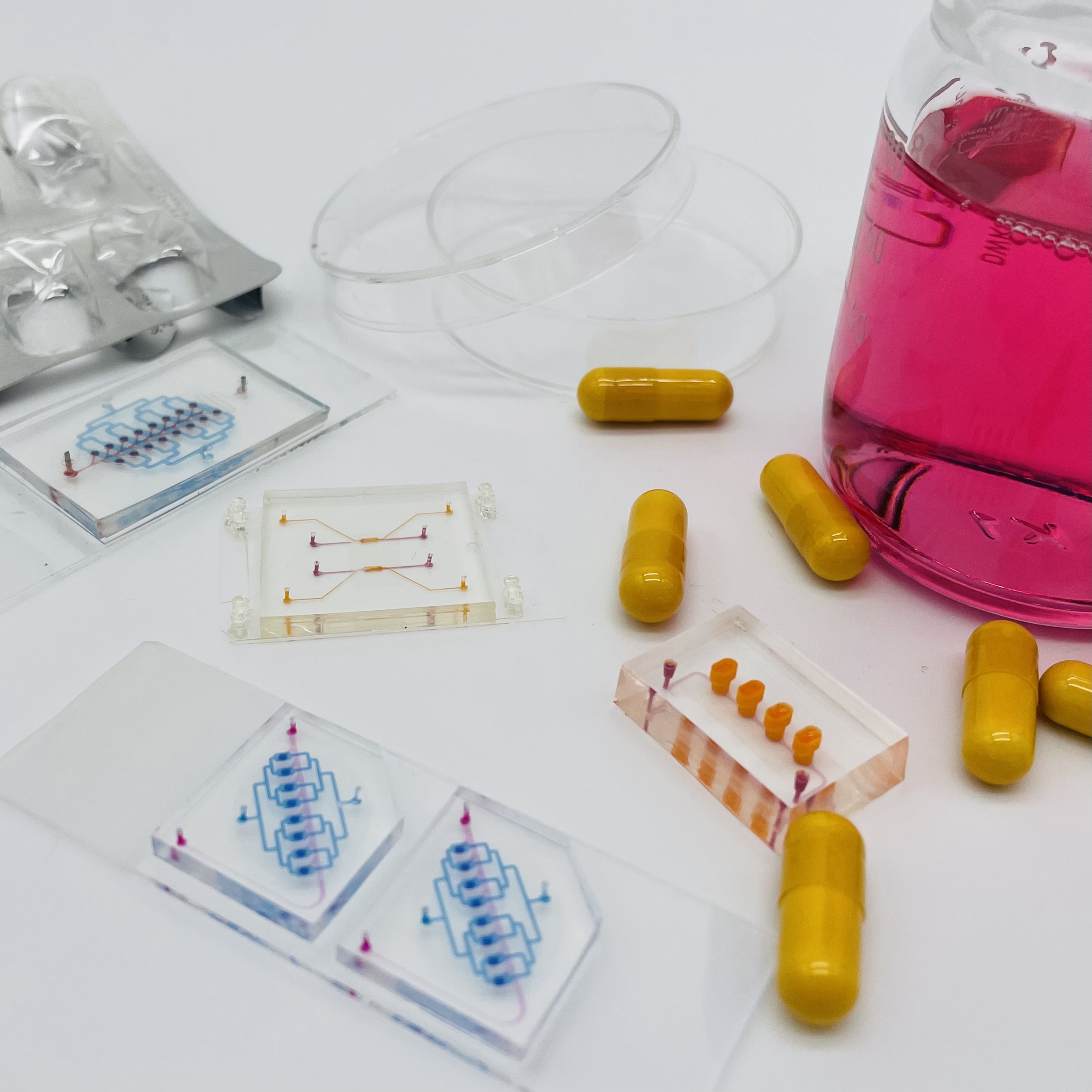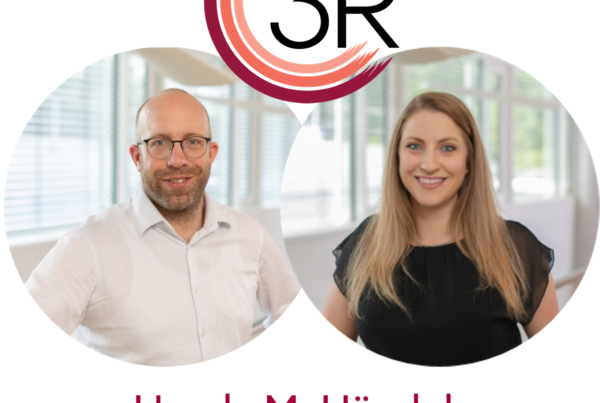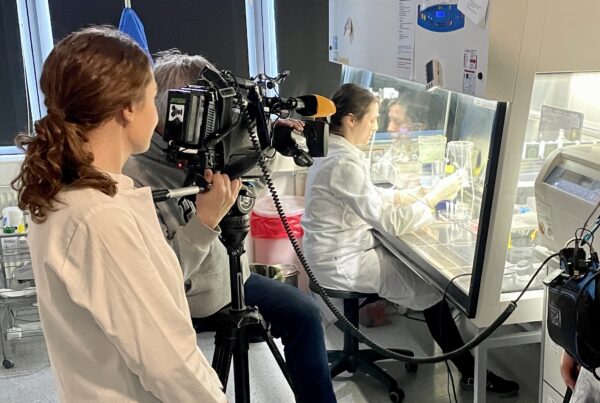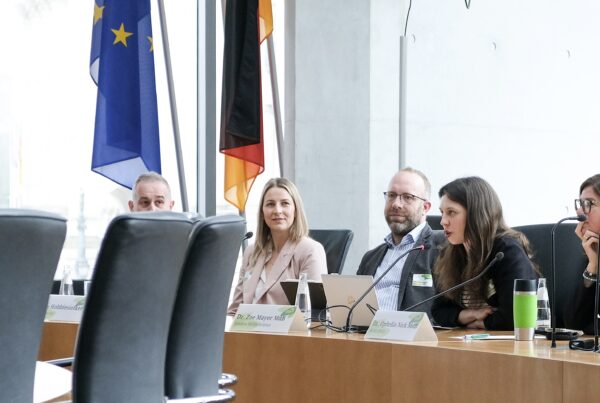
In a recently published interview in the German Newspaper TAZ, Peter Loskill discussed the current developments and challenges in the research and development of modern replacement and complementary methods to animal testing, providing insights into the variety of in vitro models already available.
The interview with Peter Loskill highlights the complexity of alternative replacement and complementary methods to animal testing. Loskill emphasizes that there is no universal alternative to animal testing, but rather various approaches such as organoid, organ-on-chip, and in silico models contribute to conducting novel studies and potentially replacing animal testing entirely or at least partially.
Despite the potential of alternative models, he points out that these approaches still encounter certain limitations, particularly in areas such as behavioral research and complex organic interactions. He emphasizes that there are still research areas for which no alternatives currently exist and may not exist for an indefinite period.
A central theme of the interview addresses the discrepancy between the increasing demand for biomedical research and the effort to reduce animal testing. Peter Loskill explains that this is due to inertia in the system and a lack of sufficiently tested alternatives. However, he sees a positive development in the USA, where a new drug law no longer mandates the use of animal testing for drug approval. This allows for increased utilization of more modern approaches that potentially yield better results.
In the interview, he stresses the need for a less polarized debate and increased engagement in the development and implementation of alternative models. He advocates for a comprehensive funding initiative in Germany to accelerate the development and accessibility of new models.







